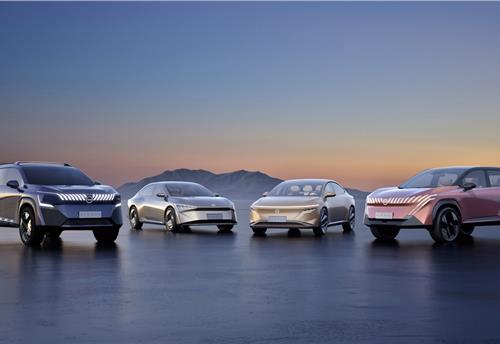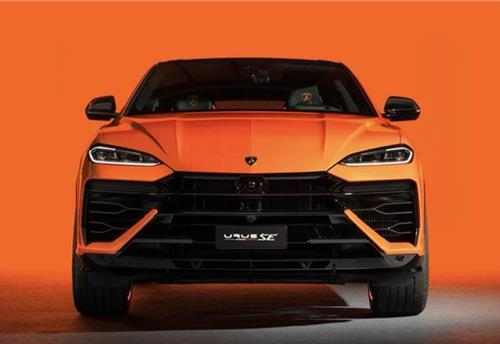Dyson electric car project to recruit 300 new engineers
Enlarged workforce will work on three cars; a low-volume model is due first from 2019
Dyson wants to grow its EV programme workforce by 300 people in a bid to ramp up the pace of development before its first car reaches the market in 2019.
The British brand, a leader in vacuum cleaners and hand dryers, already has 400 employees focused on the project, but is now "looking to fill an additional 300 automotive vacancies" as it moves into a new location at Hullavington Airfield, a 750 acre campus that will be Dyson’s second research and development site in Britain.
The EV project has been working to produce three EV models for more than three years now. Its first car will be a low volume model produced in fewer than 10,000 units. Company founder Sir James Dyson said this model will carry a premium price tag but will not be a sports car (scroll down for more details on this model).
Dyson will use its low volume first model development and production period to establish relationships with suppliers, so that when it focuses on future models, which will include mass-produced cars, it will already be an established manufacturer.
It plans to produce two mass-produced EV models after its low-volume debutant. If all goes well, the brand then intends to continue developing electric cars into the future.
Dyson is working to produce its cars with solid-state battery technology. This advanced battery chemistry, which uses higher energy density cells that are quicker to charge and store more energy than current liquid cells, is predicted to make it to market in time for the brand's second car, possibly at the start of the next decade.
This would place Dyson at the front of the race to bring solid-state batteries to market. Of the existing carmakers, Toyota has been most vocal about its plans to introduce the technology within the coming decade. A BMW spokesman recently claimed that the company is also making fast progress, while Porsche has hinted that solid-state EVs are in its product plans.
Dyson's solid-state development appeared to take a hit when its battery expert, Ann Marie Sastry, left the company in late 2017. Dyson told Autocar that it doesn't "get into specifics on personnel matters" when questioned on the matter.
The brand is also invested in artificial intelligence technology along with a long list of other cutting-edge digital technologies, including robotics and machine learning. Although not officially linked to its car programme, it suggests the brand will be well placed to integrate autonomous technology that can 'learn' as it goes into its earliest vehicles.
Dyson's first EV
The first car's development is being funded by a £2 billion investment from Dyson and the project has received support from the British Government.
Dyson is keeping specific details such as performance and range secret, but the first model won't be a mass-market car such as the Renault Zoe and Nissan Leaf; instead, it will be aimed at a more tech-oriented market. Dyson's existing household goods tend to be more expensive than the competition, suggesting that the car's market position will be firmly in the premium segment, similar to that of Tesla.
Insight: why is Dyson launching an electric car?
There's no definitive word yet on where the car will be built, but Sir James revealed to Reuters last year: "Wherever we make the battery, we’ll make the car; that’s logical. So we want to be near our suppliers; we want to be in a place that welcomes us and is friendly to us, and where it is logistically most sensible. And we see a very large market for this car in the Far East.”
Dyson has a large market presence in the Far East, so Chinese production isn't an unrealistic prediction, although the car is being developed in the UK.
In the announcement of Dyson's electric car plan, Sir James took swipes at the governments' push for diesels and the Dieselgate emissions scandal. "Governments around the world have encouraged the adoption of oxymoronically designated ‘clean diesel’ engines through subsidies and grants," he said. "Major auto manufacturers have circumvented and duped clean air regulations. As a result, developed and developing cities are full of smog-belching cars, lorries and buses. It is a problem that others are ignoring."
He revealed that a major aim is to reduce air pollution from cars "at the source", saying: "I committed the company to develop new battery technologies. I believed that electrically powered vehicles would solve the vehicle pollution problem. Dyson carried on innovating. At this moment, we finally have the opportunity to bring all our technologies together into a single product.
"We’ve started building an exceptional team that combines top Dyson engineers with talented individuals from the automotive industry. The team is already over 400 strong and we are recruiting aggressively. I’m committed to investing £2bn in this endeavour."
Dyson's car will be Dyson-badged, unlike Google's Waymo project and Apple's autonomous car efforts, which are focusing on components for other cars. Dyson is not planning to seek help from other manufacturers to bring the car to production.
RELATED ARTICLES
Kia displays EV5 and Sonet SUVs for Chinese market
Kia has unveiled a number of key models and new technologies for Chinese customers at the 2024 Beijing International Aut...
Nissan targets growth in China, unveils four NEV concepts at Beijing Motor Show
The two EVs and two plug-in hybrids are a joint effort with Nissan’s local partner Dong Feng and aimed to better address...
Lamborghini unveils Urus SE ahead of Auto China 2024
Electric-only range of 60km helps reduce emissions by 80%.





 01 Mar 2018
01 Mar 2018
 4963 Views
4963 Views



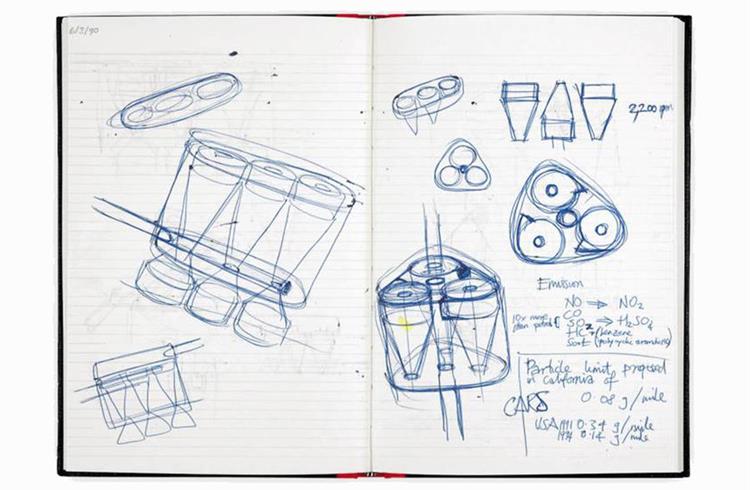
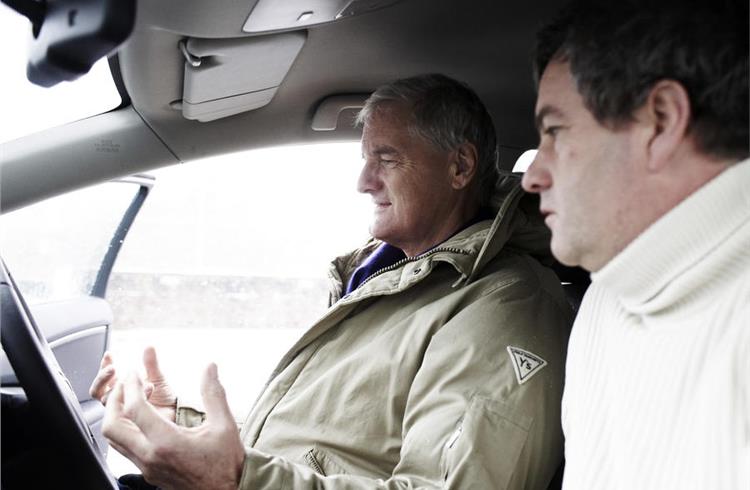
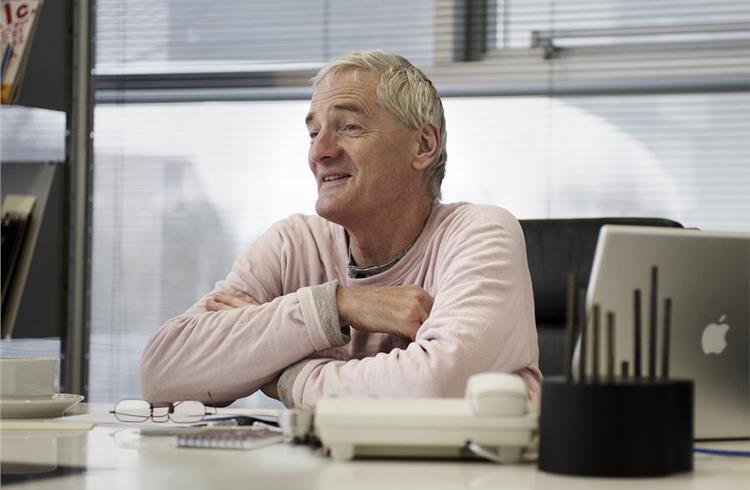
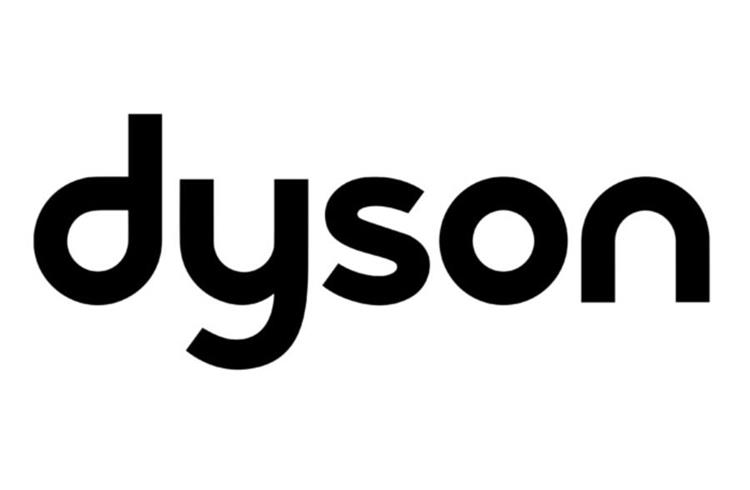
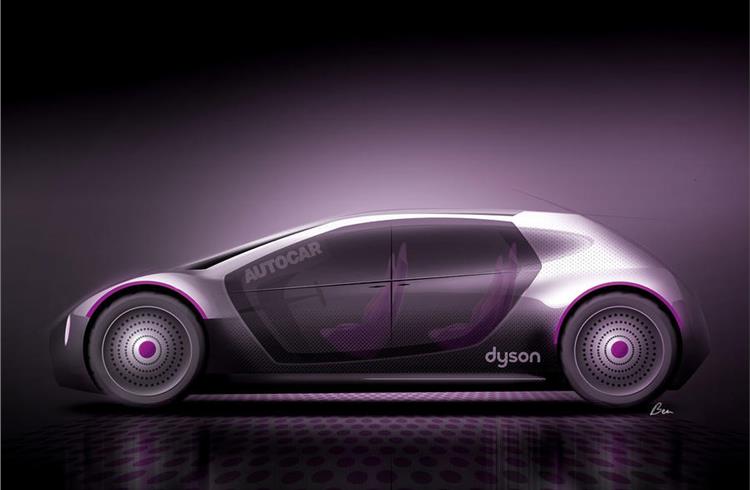
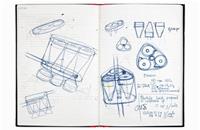
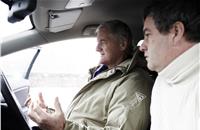

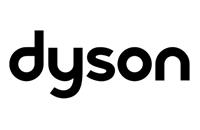
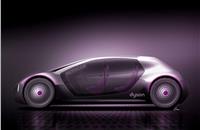
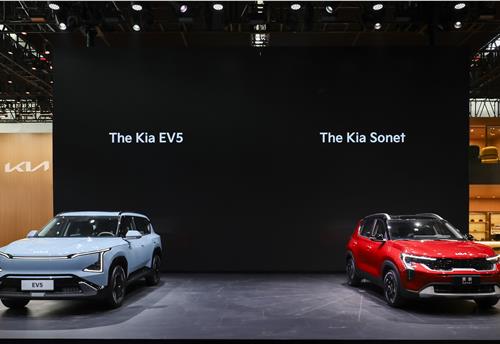
 Autocar Pro News Desk
Autocar Pro News Desk

